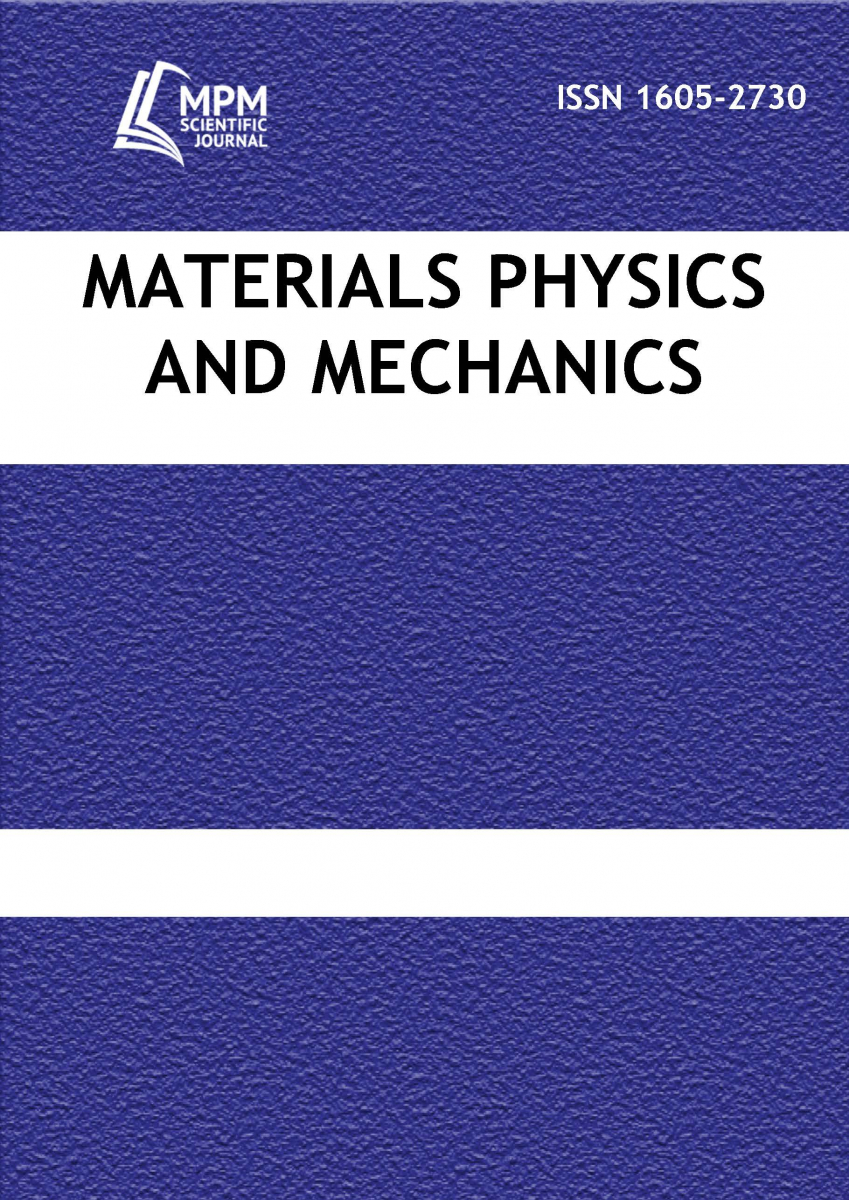Nanomaterials coating for bio-implant applications: a re-analysis
Bio-implants are inserted in the body to support the natural part of body either fractured or partially failed. Therefore, bio-implant should be compatible with the body; must not produce harmful effect to body tissues or organs. As body environment is corrosive in nature; the implant should have high corrosion resistance. Also, it should have high strength and low percentage elongation. Additionally, implant material must allow the growth of tissues so that high bonding between the implant and body tissue can be achieved. Based on all the above-mentioned requirements for being a good implant material, titanium, steel, cobalt-chromium alloys, etc. are most widely used as implants. To further enhance the mechanical and biological properties of implants, different types of coating and surface modifications are done. Coating thickness, type of coating, and coating deposition techniques significantly affects the properties of an implant. In the present work, effects of the above-mentioned parameters are studied on the mechanical and biological properties of the implants. It was observed that the biocompatibility and wettability of polymer coatings were relatively less in comparison to ceramic and composite coatings. On the other hand, ceramic coatings were highly biocompatible and wettability was also high. For metallic coating, biocompatibility was less because of high reactivity. But, metals (like Bi) that form protective oxide layer on the surface of implants exhibits very good biocompatibility and mechanical strength.


